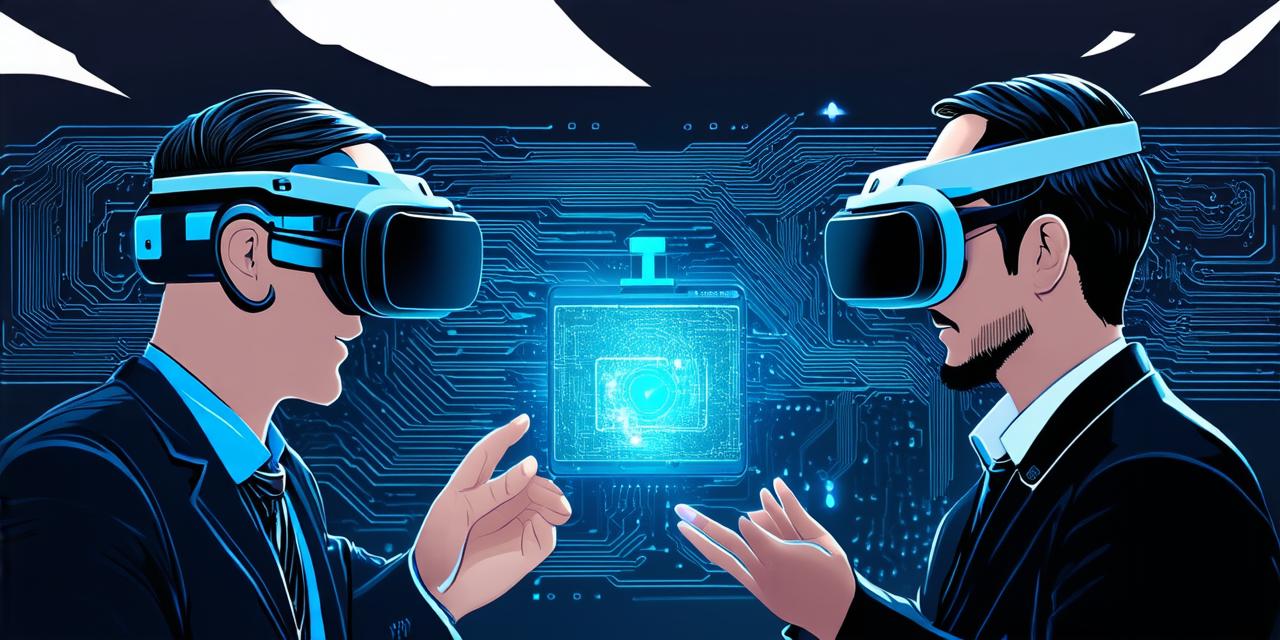Virtual reality (VR) is a technology that has been rapidly gaining popularity in recent years. It involves the use of computer-generated simulations to create immersive and interactive experiences that can be accessed through specialized headsets or devices.
There are many reasons why virtual reality is becoming increasingly popular, including its ability to provide a unique and engaging experience for users, as well as its potential applications in various fields such as education, healthcare, and entertainment.
One of the main advantages of virtual reality is that it allows users to experience things that they may not be able to otherwise. For example, a person who has never been able to travel to a certain part of the world can use virtual reality to take a virtual tour and see what the place looks like.
Similarly, someone who is afraid of heights or cannot physically access certain locations can use virtual reality to simulate those experiences in a safe and controlled environment.
Another benefit of virtual reality is that it can be used for training and education purposes. For example, medical students can use virtual reality simulations to practice procedures and surgeries without risking harm to real patients.
Similarly, pilots can use virtual reality simulations to practice flying in a safe and controlled environment, without the risk of crashing an actual plane.
Virtual reality also has potential applications in the field of entertainment. For example, video games can be made more immersive and interactive through the use of virtual reality headsets or devices.
This allows players to fully engage with the game world and feel like they are truly a part of it. Virtual reality can also be used for creating immersive and interactive experiences in other areas such as movies, concerts, and sports events.

In addition to these benefits, virtual reality has also been shown to have positive effects on mental health. For example, virtual reality can be used to treat anxiety disorders by exposing patients to controlled simulations of their fears.
It can also be used to alleviate pain in patients with chronic conditions by creating distractions and providing a sense of immersion.
Overall, there are many reasons why virtual reality is becoming increasingly popular. Its ability to provide unique and engaging experiences, as well as its potential applications in various fields such as education, healthcare, and entertainment, make it a valuable tool for individuals and organizations alike.



